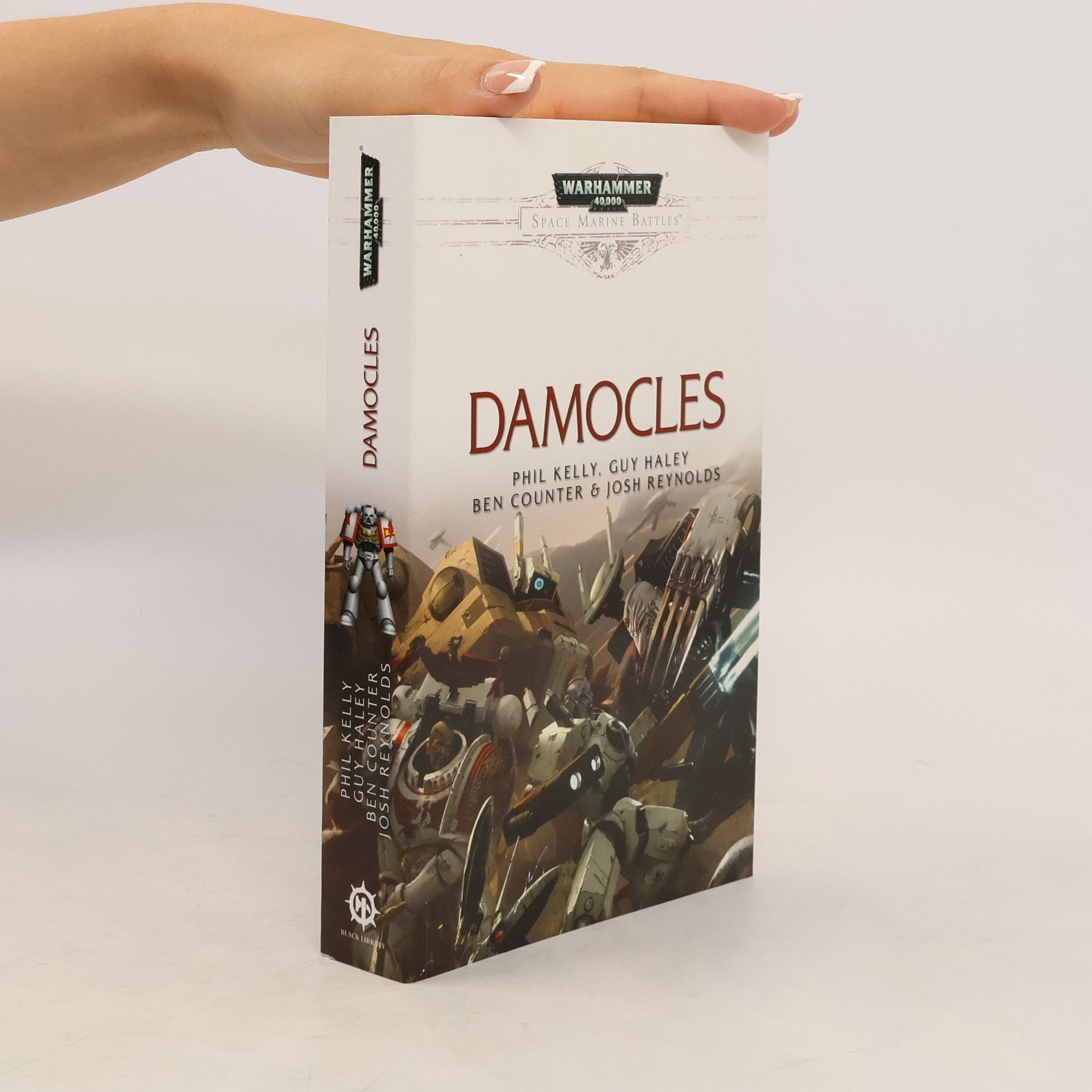Warhammer 40,000: Codex Chaos Space Marines
- 96 Seiten
- 4 Lesestunden
The Chaos Space Marines are merciless and brutal warriors - accursed by man and god alike. Twisted beyond recognition by the fell powers they worship, their hatred of all they once held dear is writ large, corrupting their bodies just as it does their souls. Inside the book you will find: LET THE GALAXY BURN: The bitter tale of how the Chaos Space Marines came to be the bane of their loyalist brethren. THE LOST AND THE DAMNED: A description of, and rules for, the battle-hungry force of the Chaos Space Marines, the potent weapons they use, and the special characters that lead them in the Long War against the Imperium. SCIONS OF CHAOS: A stunning showcase of the range of Chaos Space Marines Citadel miniatures, presenting the colour schemes and iconography of the Traitor Legions and their Renegade allies. SLAVES TO DARKNESS: A comprehensive army list that allows you to forge your Chaos Space Marines into an unstoppable force on the Warhammer 40,000 battlefield.









